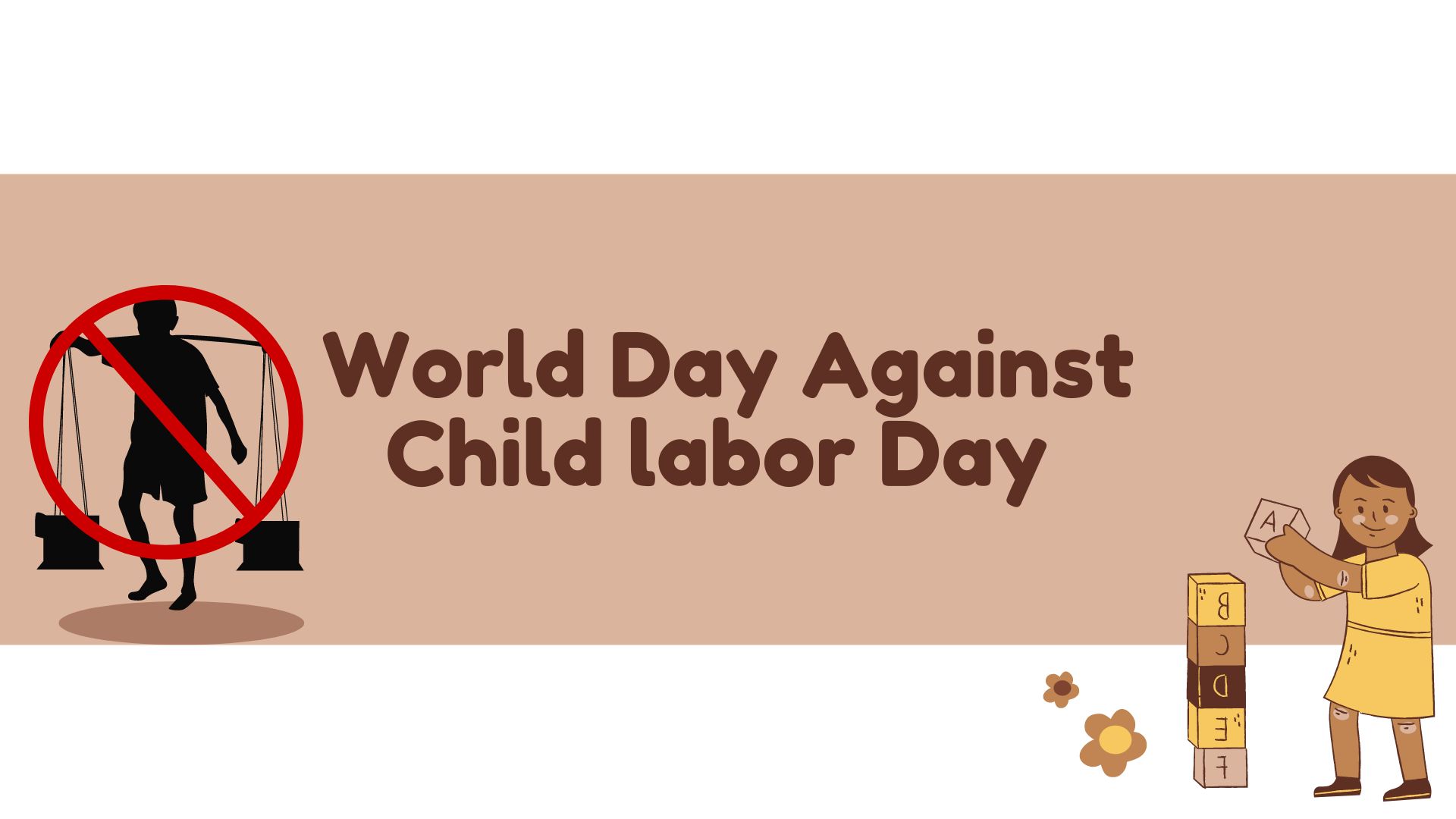In his celebrated book ‘Built to Last’, Jim Collins advanced the theory that visionary and enduring companies had a special ability that set them apart from others.
These companies were able to distinguish between their timeless core values/purpose (stable and never changing) from operating business principles (dynamic and ever evolving with external conditions). In the present VUCA (volatility, uncertainty, complexity and ambiguity) world, it is perhaps the best time for companies to introspect about Jim Collins’ theory – what do they ultimately stand for? why do they exist? what will make them last?
Businesses rely on inputs for production and delivery of quality products and services. In current times, there is ever more pressure to use these inputs judiciously, whether human resources, materials or capital. Only those businesses that can envisage a long term future strategy informed by an enduring core value would thrive – if we believed the above theory. There are enough successes and failures around us to draw these lessons.
Centre for Responsible Business (CRB) believes that sustainable business principles is a key ingredient that businesses of the future (businesses with a purpose, businesses built to last) should use to define their core business values. This will ultimately inform their strategies and operations. A reality that has dawned on most large businesses worldwide, as was evident in Davos 2020 (and captured in the Davos 2020 Manifesto).
Zooming into India, many leading businesses have made commendable strides over the last decade or so in giving due consideration to sustainable business practices – moving them from a peripheral function of the company gradually inwards into their strategies, on account of various reasons. However, the integration into the enduring core is a work in progress for most. Leaders of India Inc need to play an ambassadorial role in advocating for this integration to be accorded greater attention – not only for their own businesses but across the industry. This would ensure that a commitment to sustainability is not jeopardised by externalities around businesses today, rather gets reinforced by them.
In CRB’s sixth annual conference in November 2019, it was evident that a lot needed to be done by businesses and other stakeholders – and that time is running out. It cannot be business as usual, it can also not be stakeholder activism as usual. We all need to go beyond our comfort zones. For much too long, we have taken our earth’s capacity to forgive our actions for granted. Resilience of our societal fabric was being tested beyond its breakage point.
The time is now for stronger commitments to be made by Indian business leaders. The time is now for the government to support business transformation. The time is now for stakeholders to advocate for solutions, coming together. In this process, technology will need to play a role that reduces inequalities not increase it across societies. Young millennials across walks of life will have to be the harbingers of change, within and beyond 2030 – and we all will have to rally with them.
“NOTE: The views expressed here are those of the authors and do not necessarily represent or reflect the views of CRB.”













































































































